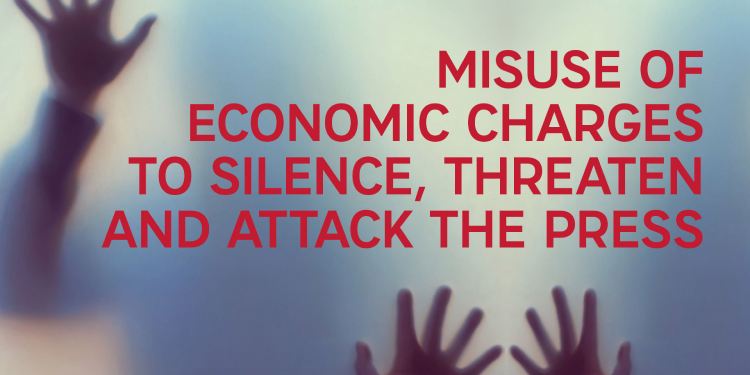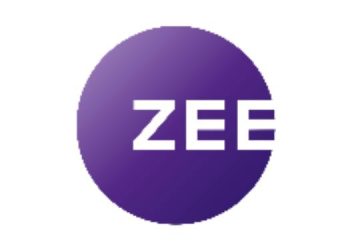A new report published by the World Association of News Publishers (WAN-IFRA) sheds light on the alarming misuse of legal attacks targeting journalists and media organizations, particularly through economic charges. Featuring eight case studies from around the world, the report illustrates the detrimental impact of such accusations on press freedom and the safety of individual journalists.
The report details various charges—including tax evasion, money laundering, blackmail, terrorism financing, and fraud—levied against media entities in countries such as Azerbaijan, El Salvador, Georgia, Guatemala, Hong Kong, India, Tanzania, and the Philippines. These findings demonstrate a troubling global trend of legal harassment aimed at suppressing independent journalism.
One striking example highlighted in the report involves the misuse of the Prevention of Money Laundering Act (PMLA) and the Unlawful Activities (Prevention) Act (UAPA) by Indian government agencies against the media organization NewsClick. This case exemplifies how anti-terror laws are abused for political ends.
“Financial crimes are effective in silencing media and journalists as they don’t necessitate a direct connection to the content produced, and they escape the same level of international scrutiny as laws explicitly targeting the press,” the report states.
The findings emphasize that the allegations of financial misconduct serve as part of a broader strategy employed by autocratic regimes and adversaries of press freedom, aiming to undermine the financial viability and reputation of media outlets. WAN-IFRA members have reported a rise in legal expenses, with 44% of respondents to the 2023-2024 World Press Trends Outlook indicating they faced legal intimidation and retaliation in the past year.
Key trends identified in the research include:
- The chilling effect of imprisonment threats related to economic charges on the media community both locally and globally.
- Prosecutions often lead to lengthy pre-trial detentions, significant fines, and the potential closure of media outlets.
- Journalists may be denied access to bank accounts during investigations, leading to frozen assets.
- Legal defenses against such charges are prohibitively expensive, requiring specialized legal and accounting expertise.
- The narrative surrounding these charges aims to portray journalists as criminals, damaging public support and tarnishing reputations.
The report is accompanied by a UNESCO Issue Brief that addresses the broader implications of these economic charges. “Understanding how these laws are misused can help us better protect against their effects,” said Andrew Heslop, WAN-IFRA Executive Director for Press Freedom. “While it is standard for media companies to defend themselves against legitimate legal challenges, when such defenses become disproportionate or serve as a convenient means of censorship, it signals a troubling erosion of trust, transparency, and accountability in our society.”
As the landscape for independent journalism continues to face increasing threats, the findings underscore the urgent need for strategies to combat the misuse of legal frameworks against the press.

















